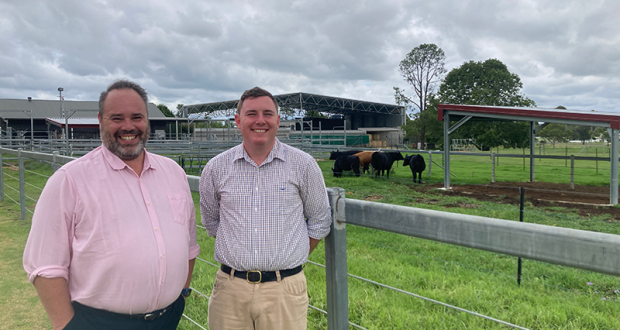SCOTS PGC has made innovative moves to educate students on regenerative farming practices, focusing on responsible livestock grazing and diverse pastures.
According to Blake Fatouros, the school’s Director of Teaching, Learning, and Innovation, the approach promotes biodiversity and has achieved significant student engagement.
He said Years 11 and 12 boast a 50% enrolment in the school’s agricultural curriculum.
“And 10% of all enrolled students actively participate in our cattle program at our Angus stud,” he said.
The school has set up another livestock program through their Corriedale sheep stud, the first in Queensland since the 1980s. Corriedales provide premium wool for clothing, blankets, and rugs because it’s soft and long-lasting. Corriedales are also easy to manage, suiting both experienced and beginner farmers.
The Head of Agricultural Studies, Matt Franklin, said the studs and further programs are designed to introduce students to agribusiness principles.
“We have a small-scale plot, which functions as a model farm,” he said. “Pumpkins are processed into jam by students in Year nine, and Bees are also harvested, with the beeswax turned into lip gloss.”
Other practices such as planting native grasses and legumes, reducing fertiliser usage, utilising low-chemical organic sprays, and reusing manure illustrate to students the methods for improving pasture quality.
Mr Franklin said it’s all designed so the students can pursue areas of interest.
“Senior students select a topic to conduct a scientific study,” he said. “This approach allows them to delve into areas of personal interest within a specific field before pursuing further studies at university or TAFE”.
Learn more about SCOTS PGC here.
Pictured – SCOTS PGC’s furry resident, Colin. Matt Franklin, Head of Agricultural Studies at SCOTS PGC and Emily, the Environmental Sustainability Officer from the Office of the Synod.
 JourneyOnline
JourneyOnline








